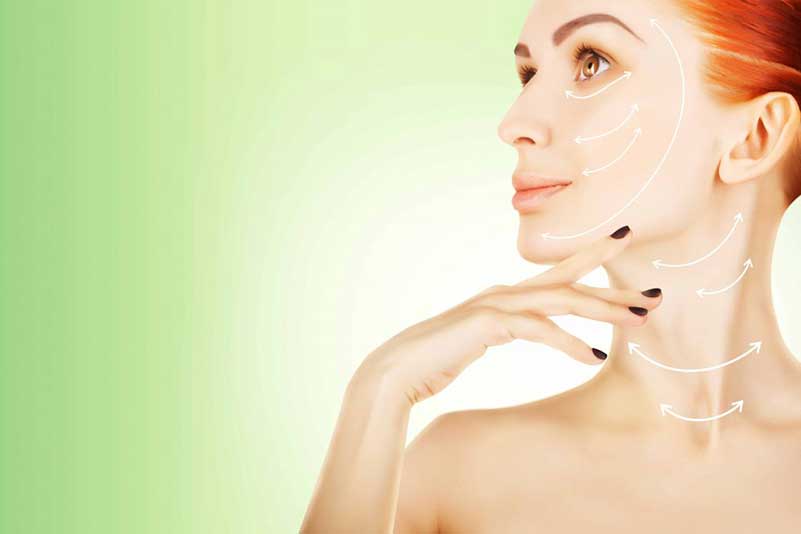
A Complete Guide to Undergoing the Buccal Fat Removal Surgery
Buccal fat refers to the fat existing on your face between your cheekbones and jawbones. These fat pads can influence...
Buccal fat refers to the fat existing on your face between your cheekbones and jawbones. These fat pads can influence the contour on your face. Large buccal fat pads give your face a fuller or rounder appearance, which is why people often call it a baby face.
What is buccal fat removal?
Buccal fat removal or cheek reduction aims at thinning out the cheek area of the face, particularly in the cheek hollows. Although having a smooth, flexible and youthful face,, some people feel that their faces appear too broad or big.
The pad size of every patient will be different on each side of the face. Patients who appear to have narrow or thin faces typically do not have this kind of cosmetic surgery. It would make them look older and a bit gaunt in looks. Instead, the objective is to highlight the cheekbones.
The procedure in brief
Buccal fat removal eliminates the excess fat from the facial area. It can highlight the bone structure in your face, particularly your cheekbones and the sunken areas between your cheeks and jawline.
Having larger buccal fat pads on the face is usual, but if you want them to look smaller, consulting an expert plastic surgeon would be the best, as they can perform this fat removal treatment with high-end expertise.
The moderately simple procedure removes fat from the middle of the cheeks underneath the cheekbone through an incision inside the mouth. The resulting sucked-in appearance highlights the cheekbone and jawline.
Buccal fat removal has become popular in recent years. As a result, inquiries regarding the procedure's expense, risks, and before and after pictures have mushroomed. If you too are looking for relevant information, the details here could assist you amicably.
Are you the right candidate for buccal fat removal?
If any of the following apply to you, you might be an excellent candidate for buccal fat removal:
- You are in good physical condition
- Your weight is healthy
- You have a fuller, rounder face
- You find your cheeks to be too plump
- You have pseudoherniation (small, rounded fat mass in the cheek due to a weak buccal fat pad)
- Your goal is to get facial feminization surgery
- You have realistic goals regarding the surgery
- You don’t smoke.
Conditions where you can avoid buccal fat removal
In several instances, it is better not to go for the buccal fat removal surgery as it may have adverse percussions otherwise:
Your face is slender: If your face is already thin, the procedure could lead to sunken cheeks as you age.
You have progressive hemifacial atrophy (Parry-Romberg syndrome): This rare condition causes the skin on one side of the face to shrink. It also affects the buccal fat pad.
You are getting older: Fat in your face naturally decreases with age. The technique could worsen jowls and other face aging indications.
To find out more whether you are a suitable candidate for this particular surgery, it would be good to consult a board certified and experienced plastic surgeon.
Questions you can ask your surgeon about the surgery
Here is a list of important questions you can ask your expert before opting for the surgery
- Is cheek reduction the right treatment for me?
- If not, what else could you suggest to regain my facial aesthetics?
- How many years of experience do you have with buccal fat removal?
- Can you show the before and after surgery photos of the patients who have undergone buccal fat removal from you?
- What kind of preparations should I do before the surgery?
- Will it take too much time to recover from the surgery?
- Will there be any facial scar as the aftereffect of the procedure?
- What will be the overall cost of the treatment?
- What changes will occur on my face after the surgery?
- What will be the probable side effects of undergoing the surgery?
- Would a single surgery be enough to get the expected results?
- When can I get back to my routine life?
It will be good to prepare a list of all these and other questions beforehand so that you don’t have to think too much when interacting with your surgeon.
What happens before a buccal fat removal surgery?
Your surgeon will consult with you before the procedure to remove buccal fat. He will talk to you about your surgical intentions, and expectations during and after the process.
The expert will examine you on your first visit and take pictures of your face. Additionally, he will inquire about your general health in general, including your family's medical history and if you have undergone any previous surgery.
He will take basic health data like your blood pressure and talk to you about any drugs you are currently taking. It is essential to inform your practitioner about any current health condition that you have and the medicines you are taking for the same, including herbs and supplements. Before surgery, it would be good to quit smoking or using tobacco products for the best results.
Your doctor will answer any inquiries you have and talk to you about the entire procedure you are about to undergo. He will also clarify any risk or complication associated with the operation and offer recommendations tailored to your specific goals.
What happens during a buccal fat removal procedure?
You can undergo the buccal fat removal in a hospital or your doctor's clinic, and leave the same day. In the course of your process, you can expect:
- The surgeon will administer a local anesthetic to numb the skin of your face to ensure you do not experience any pain. The procedure will take place while you are awake.
- You might also get general anesthesia in case the surgeon is performing multiple procedures simultaneously.
- If you get general anesthesia, your doctor may ask you to make transportation reservations afterward.
- To reveal the buccal fat pads, your plastic surgeon will make a small incision on the inside of your mouth on both sides of your face.
- When the fat pads are fully exposed, your healthcare professional will gently press on them before cutting and removing them.
- Finally, your practitioner will close the incisions with sutures. Often, the stitches are dissolvable. After your surgery, your provider will inform you if you need to return for suture removal.
Necessities during the recovery period
The recovery period will depend largely on your reaction to the surgery and the extent to which you are abiding by your surgeon’s recommendations.
Cool down the operated area
After the treatment, there will be noticeable swelling for three days. However, cooling the area can assist to lessen the swelling.
Watch your diet
Consider eating mushy foods, avoid chewy foods like gum or steak, and regularly rinse your mouth with a disinfecting mouthwash. For the swelling to go down more quickly during the first week, you should also avoid bending over and sleep with your head raised. You should cut back on your salt intake. In 5-7 days, the sutures will gradually dissolve.
Keep consulting your surgeon
Your doctor will recommend ways to ramp up healing after your surgery. It is crucial to stick to your doctor's after-care instructions, which may include scheduling any follow-up consultations. Although the recovery period following this treatment typically lasts three weeks, the full results will not be visible for several months.
Risks attached with buccal fat removal
It is always good to know about the risks and benefits associated with any surgery procedure prior to going under the knife. Here are some of the common risks that you can face after undergoing the buccal fat removal surgery:
- Infection at the operated area
- Probable injury to Facial nerves
- Sensation or numbness in the incision site
- Facial asymmetry
- Abnormal taste in the mouth
- Excessive bleeding after the treatment
- Chest pain
- breathing problem
- Abnormal heartbeat
If any of these signs go beyond control, immediate intervention of the surgeon becomes inevitable.
Bottomline
Plastic surgery of any nature is an extremely personal choice and the same holds with this one as well. Make sure that buccal fat removal surgery is the optimal option for you by weighing the advantages and disadvantages. You can be an excellent candidate for buccal fat removal surgery if you have round cheeks and do not like their look.
Discuss your choices with your surgeon. You can also take the help of the experts at Plasticsurgery.in. All you need is to click through our website, and to search for an expert surgeon in a location of your choice. Once you shortlist the practitioners, you can go to engage in one-to-one consultation with them to single out the best one.
At times, while looking out for the best cosmetic surgeon or the clinic, the latter may lure you with cheaper treatments. The need is hence to be attentive and discover every minute to major information about the concerned surgeon so that you end up undergoing the buccal fat removal surgery by a genuine, experienced, board certified surgeon only. We are always there to help you out in this endeavor.
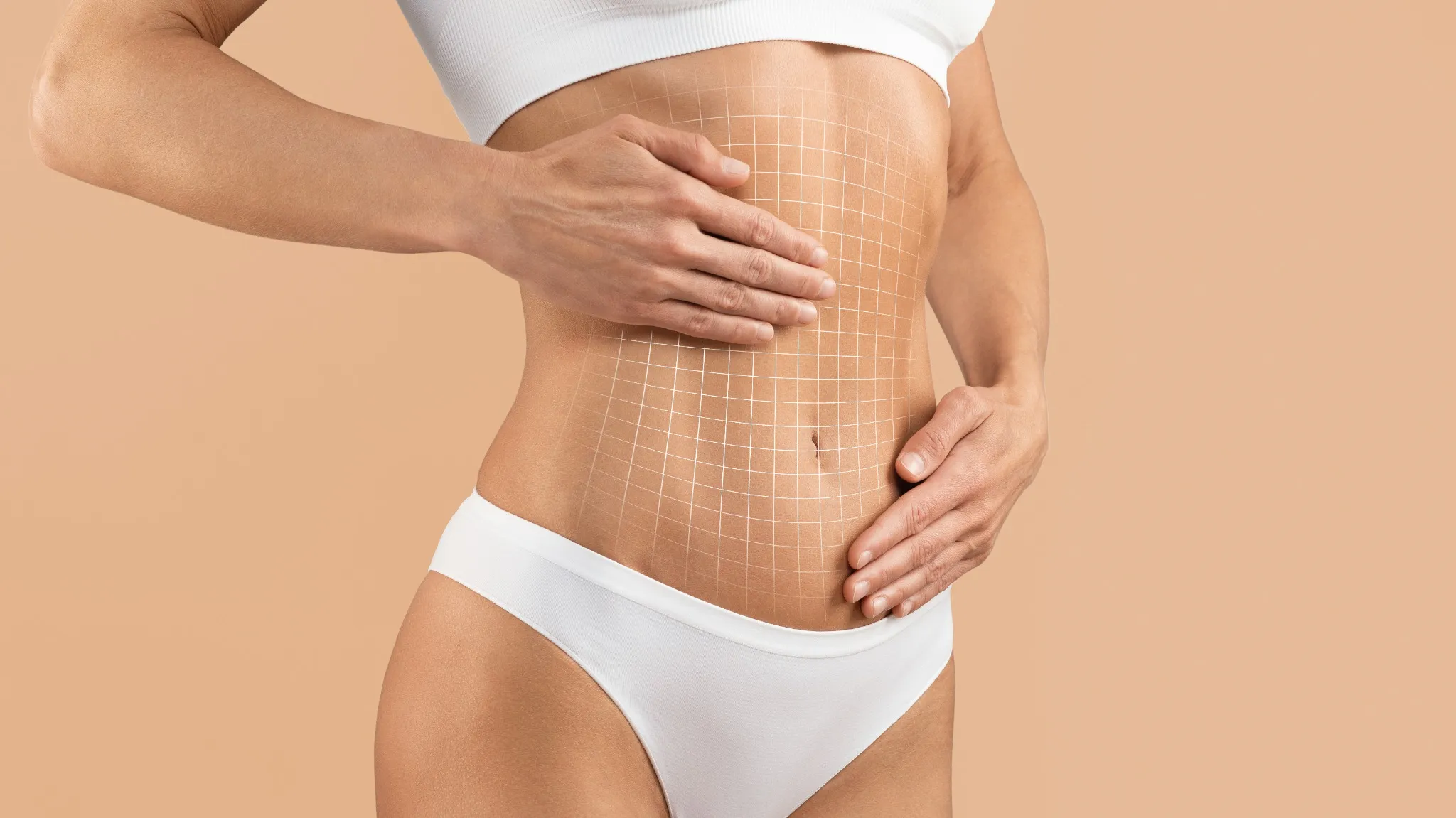
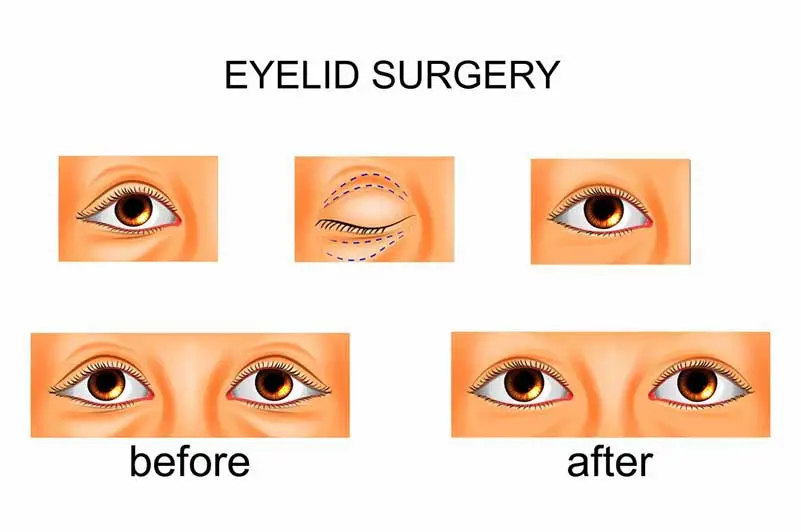
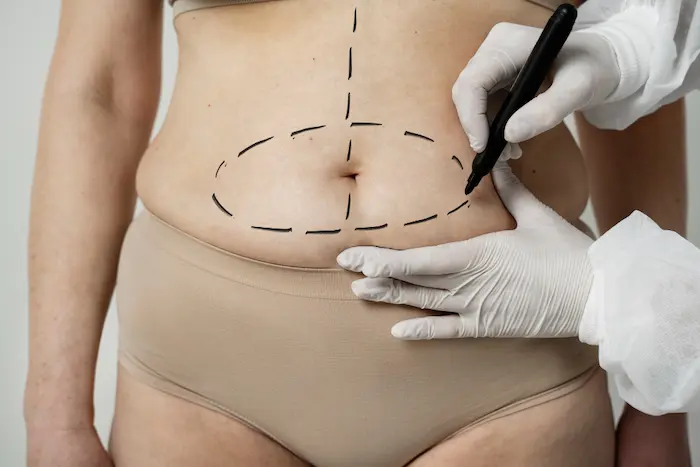
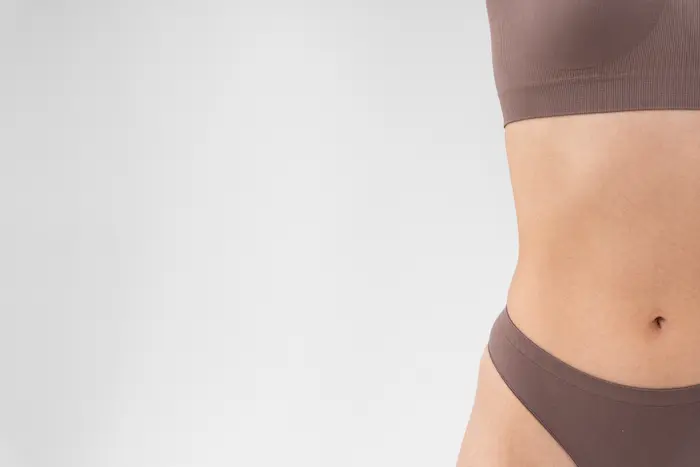
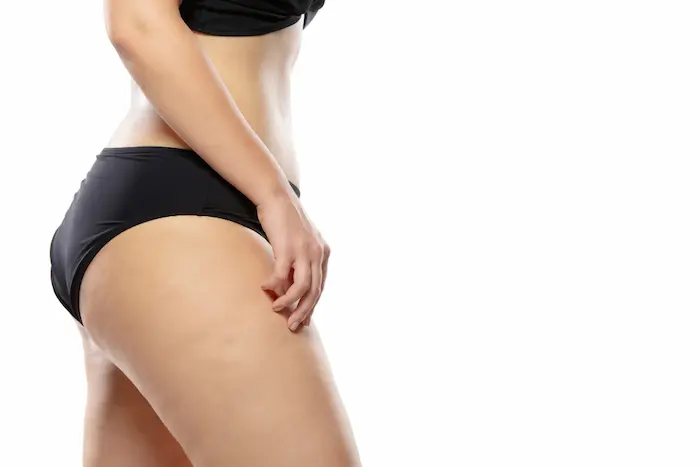
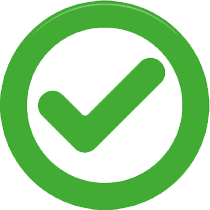
Comments
Login & Write comment